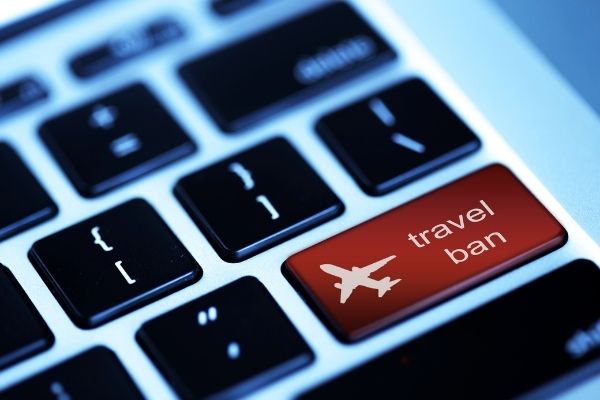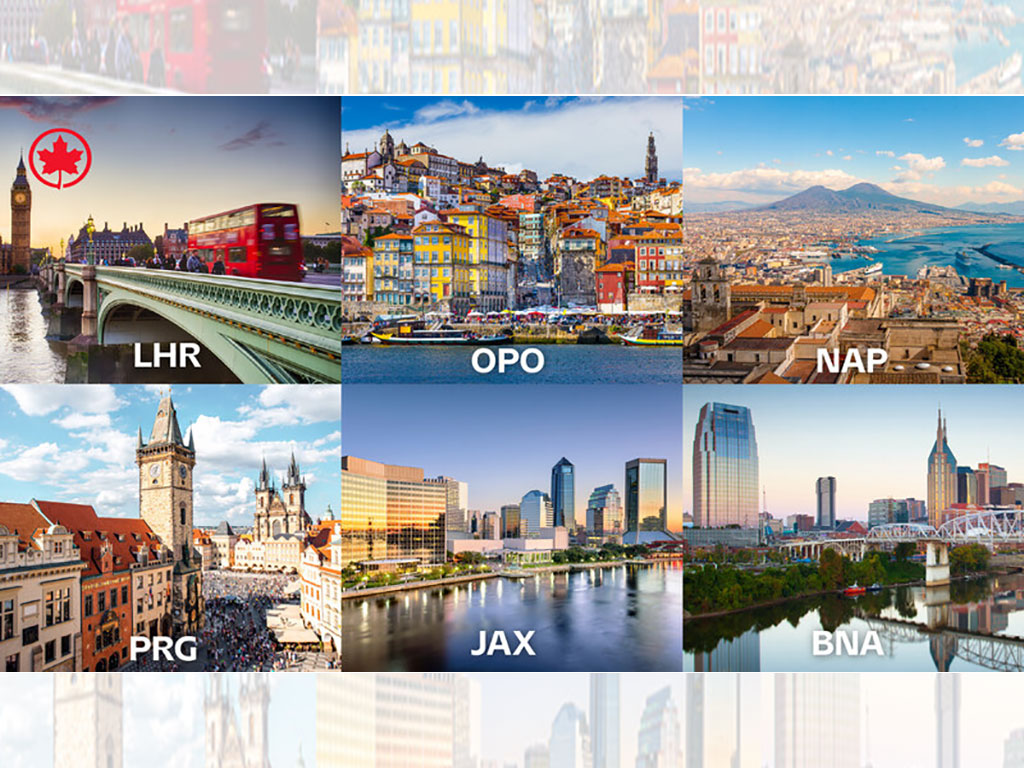More Countries Imposing Travel Restrictions

More countries were reporting cases of the new COVID-19 variant, B.1.1.529 or Omicron, and imposing restrictions on travel from Southern Africa over the weekend.
Israel is shutting its borders for 14 days and putting new requirements in place for returning travellers, while restrictions have also been put in place by Qatar, Britain, the U.S., Saudi Arabia, Kuwait and the Netherlands among others in an effort to prevent the spread of the new variant of concern.
On Nov. 26, the Canadian government that as a precautionary measure, until January 31, 2022, it is implementing enhanced border measures for all travellers who have been in the Southern Africa region — including South Africa, Eswatini, Lesotho, Botswana, Zimbabwe, Mozambique, and Namibia — within the last 14 days before arriving in Canada.
Foreign nationals who have travelled in any of these countries within the previous 14 days will not be permitted entry into Canada.
Canadian citizens, permanent residents and people with status under the Indian Act, regardless of their vaccination status or having had a previous history of testing positive for COVID-19, who have been in these countries in the previous 14 days will be subject to enhanced testing, screening, and quarantine measures.
These individuals will be required to obtain, within 72 hours of departure, a valid negative COVID-19 molecular test in a third country before continuing their journey to Canada. Upon arrival to Canada, regardless of their vaccination status or having had a previous history of testing positive for COVID-19, they will subject to immediate arrival testing. All travellers will also be required to complete a test on day 8 after arrival and quarantine for 14 days
All travellers will be referred to Public Health Agency of Canada (PHAC) officials to ensure they have a suitable quarantine plan. Those arriving by air will be required to stay in a designated quarantine facility while they await their arrival test result. They will not be permitted onward travel until their quarantine plan has been approved and they have received a negative arrival test result.
Those arriving by land may be allowed to proceed directly to their suitable isolation location. If they do not have a suitable plan — where they will not have contact with anyone they haven’t travelled with — or do not have private transportation to their place of quarantine, they will be directed to stay at a designated quarantine facility
There will be increased scrutiny of quarantine plans for travellers from these countries and rigorous monitoring to ensure travellers are complying with quarantine measures.
Further, travellers, regardless of their vaccination status or having had a previous history of testing positive for COVID-19, who have entered Canada from these countries in the past 14 days will be contacted and directed to be tested and to quarantine while they wait for the results of those tests. There are no exemptions specifically provided for in these new requirements.
As well, the government is advising Canadians to avoid travelling to countries in this region and indicated that it will continue to monitor the situation to inform current or future actions.
Transport minister, Omar Alghabra said: “Our government continues to take unprecedented and decisive action to protect the health and safety of Canadians. Today’s measures, including new requirements for third-country pre-departure testing for travellers coming to Canada from certain southern African countries, are being put in place to prevent new variants of the COVID-19 virus from being introduced and spread in Canada.”
While Health minister, Jean-Yves Duclos observed: “Canada’s stringent testing and quarantine measures are in place to reduce the risk of importation and spread of COVID-19 and variants. These have proven effective in identifying imported cases of COVID-19 and preventing community spread. These new measures are being put in place out of an abundance of caution. We will continue to do what is necessary to protect the health of Canadians.”
Canada continues to maintain pre-entry molecular testing for vaccinated and unvaccinated international travellers arriving from any country to reduce the risk of importation of COVID-19 including variants. PHAC has also been monitoring case data, through mandatory randomized testing upon entry into Canada.
The Government of Canada will continue to assess the evolving situation and adjust border measures as required. While the impact of all variants continues to be monitored in Canada, vaccination, in combination with public health and individual measures, is working to reduce the spread of COVID-19 and its variants.
There are no direct flights between Canada and southern African countries and the federal government is working with provinces and territories and the Canadian COVID Genomics Network to detect known and potentially emerging COVID-19 virus variants including this new variant from South Africa.
As Previously Reported
Canada is banning the entry of foreign nationals who have travelled through Southern Africa in the last 14 days – including South Africa, Botswana, Eswatini (Swaziland), Lesotho, Namibia, Zambia and Zimbabwe – in response to the confirmation of a new coronavirus variant of concern.
As well, travellers who arrived in Canada from the region in the last 14 days are being asked to get a COVID-19 test and then quarantine until they get a negative result from that test.
Canadian and permanent residents returning from the region, will be tested on arrival and then required to quarantine until they get a negative test result.
Global Affairs will issue a travel advisory to strongly discourage all Canadians to avoid travelling to the region.
As there are no direct flights from the region to Canada, travellers returning must be tested (and receive a negative result) at their last airport return transit point before returning to Canada.
Canada’s travel ban takes effect today and will remain in place until Jan. 31, 2022.
The new variant – B.1.1.529 – has now been declared a variant on concern by the World Health Organization (WHO) and is being referred to Omicron.
Along with Canada, governments around the world were reacting to the new variant of concern, with Britain being joined by Austria, the Czech Republic, Germany, Italy and the Netherlands announcing travel bans for flights from South Africa, and in many cases also some or all of the following: Botswana, Eswatini (Swaziland), Lesotho, Namibia, Zambia and Zimbabwe.
The European Union (EU) is also coordinating a joint action by its 27-member states.
Both the United States and Israel have also put bans in place.
Watch for updates on this developing story.


